NPR’s news coverage was thrown into the spotlight last week after CEO Katherine Maher faced a grilling from GOP lawmakers about the outlet’s coverage of important stories amid a debate about its public funding.
Maher was grilled by Congress as she tried to defend the outlet against Republican accusations and calls for its defunding. Maher conceded that NPR botched coverage of Hunter Biden’s laptop, expressed regret about remarks she made about President Donald Trump before she ran the outlet, and was grilled on bias at her organization.
DOGE Subcommittee Chair Rep. Marjorie Taylor Greene, R-Ga., invited Maher and PBS News CEO Paula Kerger to testify about what Greene called their “blatantly ideological and partisan coverage.”
Trump has repeatedly advocated for yanking federal funding for NPR and PBS, saying in late March, “I’d be honored to see it end. We’re well covered. Look at all the people that we have here today. We’re well covered, and we don’t need it, and it’s a waste of money especially.”
NPR, PBS CHIEFS SET TO CLASH WITH GOP LAWMAKERS DURING DOGE SUBCOMMITTEE HEARING
Rhetoric from former NPR editor Uri Berliner, who famously called out the outlet’s liberal bias, specifically in covering key stories, while he was still working there in an essay for The Free Press in April 2024, was often cited during the DOGE Subcommittee hearing.
An NPR spokesperson didn’t immediately respond to a request for comment.
NPR media correspondent David Folkenflik had the unique assignment of covering the hearing that put his boss directly in Republican crosshairs.
“There was nothing that was so inherently viral that it blotted out all the other stories… it wasn’t as though major networks spent hours rehashing this. This was going to be a bit of a drubbing, and they kind of took their lumps but they also pushed back and respectfully indicated the ways in which they feel that public broadcasting writ large and their networks in particular are important for civic society in America,” Folkenflik said on Boston Public Radio.
Folkenflik said that NPR would survive being defunded by the federal government, but he is concerned about local stations in rural areas that provide critical news and information for free. The longtime media reporter, who notes in every story about his employer that “no NPR corporate official or news executive reviewed this story before it was posted publicly,” believes public media is important because it is “not fueled by corporate agendas,” and is both vital and open to criticism.
“People can sometimes question our story judgment, people may sometimes be right to question this news judgment or that news judgment, that’s all fair game. We do it, it’s there for public consumption and criticism,” Folkenflik said.
Rep. Ronny Jackson, R-Texas, last week reintroduced the No Partisan Radio and Partisan Broadcasting Services Act to eliminate all federal funding for both NPR and PBS.
“For decades, radical Democrats have funneled taxpayer dollars to NPR and PBS under the guise of ‘serving the public,’ despite both organizations abandoning their founding missions to provide non-biased content and instead promoting the same radical-left propaganda as any other fake news outlet,” Jackson said when announcing the bill.
“If these organizations want to push partisan agendas, they do not deserve another dime of federal support,” Jackson continued.
The conservative Media Research Center’s Curtis Houck said the efforts to defund NPR are strong and organized.
“While there certainly have been efforts in the past to defund NPR that failed to reach the finish line, this current push is undoubtedly the strongest, most organized, and focused campaign. There’s buy-in from members of Congress, a public repulsed by its bias, a recognition it’s outlived its need in this world of high-speed internet and a fractured media landscape, and research showing it fails to represent and respect all Americans,” he told Fox News Digital.
Here are some of NPR’s most-criticized stories.
After the New York Post first covered Hunter Biden’s laptop in 2020, NPR was among several outlets that dismissed the reporting, as the outlet released a statement at the time that read, “We don’t want to waste our time on stories that are not really stories, and we don’t want to waste the listeners’ and readers’ time on stories that are just pure distractions.”
At the time, NPR public editor Kelly McBride addressed a listener’s question about the news outlet’s blackout of coverage. She said the Post’s reporting had “many, many red flags,” including its potential ties to Russia, and the assertions within the story weren’t significant.
NPR EDITOR’S BOMBSHELL ESSAY CAUSING ‘TURMOIL’ AT LIBERAL OUTLET: REPORT
Berliner said in his essay that the outlet turned a blind eye to the laptop story.
“The timeless journalistic instinct of following a hot story lead was being squelched. During a meeting with colleagues, I listened as one of NPR’s best and most fair-minded journalists said it was good we weren’t following the laptop story because it could help Trump,” Berliner wrote.
The laptop was eventually confirmed to be authentic.
Maher conceded during the congressional hearing that they failed to cover the story more aggressively.
“I do want to say that NPR acknowledges we were mistaken in failing to cover the Hunter Biden laptop story more aggressively and sooner,” Maher told Rep. Michael Cloud, R-Texas, of the story, which broke before she took NPR.
NPR EDITOR REBUKES OWN OUTLET’S COVERAGE OF HUNTER BIDEN LAPTOP, COVID LAB LEAK AND RUSSIAGATE
Berliner also took aim at NPR’s DEI practices in his April 2024 essay, repeatedly citing former NPR CEO John Lansing, who stepped down in 2023.
An article published by NPR in September 2020 declared DEI “is not a project: it is our work,” with Lansing stating, “the leaders in public media — starting with me — must be aware of how we ourselves have benefitted from white privilege in our careers. We must understand the unconscious bias we bring to our work and interactions. And we must commit ourselves — body and soul — to profound changes in ourselves and our institutions.”
According to Berliner, Lansing “declared” that diversity of NPR’s staff and audience was “the overriding mission, the ‘North Star’ of the organization” and that race and identity had “became paramount in nearly every aspect of the workplace.”
NPR editor-in-chief Edith Chapin sent a memo to staff after Berliner published his essay, saying she and her leadership team colleagues “strongly disagree” with Berliner’s essay and are “proud to stand behind the exceptional work” of their journalists.
Berliner sounded the alarm on NPR’s reliance on interviews with Sen. Adam Schiff, D-Calif., who was an influential member of the House of Representatives at the time, for its coverage of Russiagate.
Berliner said the 2016 election quickly encouraged NPR journalists to find ways to “damage or topple” Trump’s presidency, saying that the narrative that the Trump campaign colluded with Russia to win the White House “became the catnip that drove reporting” and that “we hitched our wagon to Trump’s most visible antagonist, Representative Adam Schiff.”
A Fox News Digital review found at least 32 interviews Schiff gave to the taxpayer-backed outlet between Dec. 11, 2016, and July 24, 2019, all involving some aspect of Russia’s interference in the 2016 election and the sprawling investigation into whether the Trump campaign illicitly coordinated with it.
Berliner noted that after Special Counsel Robert Mueller released his report that found there was no evidence behind Schiff’s collusion claims, “NPR’s coverage was notably sparse” and “Russiagate quietly faded from our programming.”
DEMOCRATS INVOKE CHILDREN’S SHOWS IN BIZARRE DEFENSE OF PBS, NPR: ‘FIRE ELON, SAVE ELMO’
NPR ran multiple pieces in April 2020 dismissing the lab leak notion, painting it as a debunked conspiracy theory embraced by the right for political purposes.
“Scientists dismiss the idea that the coronavirus pandemic was caused by the accident in a lab. They believe the close interactions of people with wildlife worldwide are a far more likely culprit,” NPR senior correspondent Geoff Brumfiel wrote to introduce the published transcript of a segment that aired on radio at the time.
Berliner said in his bombshell essay that they weren’t allowed to explore the lab-leak theory, which has been deemed the likely cause of the virus by the FBI, the CIA and the Department of Energy.
“Over the course of the pandemic, a number of investigative journalists made compelling, if not conclusive, cases for the lab leak. But at NPR, we weren’t about to swivel or even tiptoe away from the insistence with which we backed the natural origin story,” he wrote.
Berliner wrote that one of his colleagues on the science team was asked why they were so dismissive of the theory and that his response was “odd.”
“The colleague compared it to the Bush administration’s unfounded argument that Iraq possessed weapons of mass destruction, apparently meaning we won’t get fooled again. But these two events were not even remotely related. Again, politics were blotting out the curiosity and independence that ought to have been driving our work,” the former NPR editor wrote.
CLICK HERE FOR MORE COVERAGE OF MEDIA AND CULTURE
Less than 1% of NPR’s funding comes directly from the federal government, though other funding comes indirectly from grants and dollars allocated to local member stations, who then pay fees back to NPR.
Fox News Digital’s Joseph Wulfsohn, Rachel del Guidice and David Rutz contributed to this report.


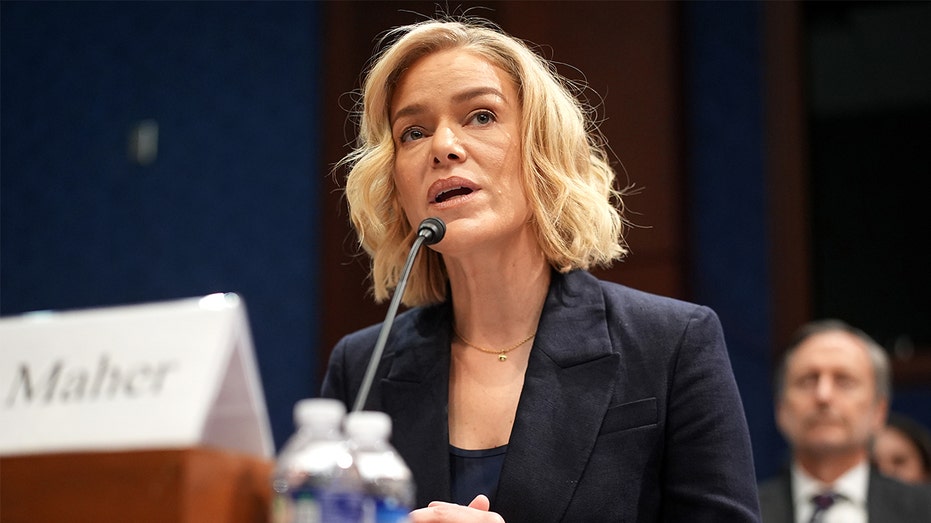

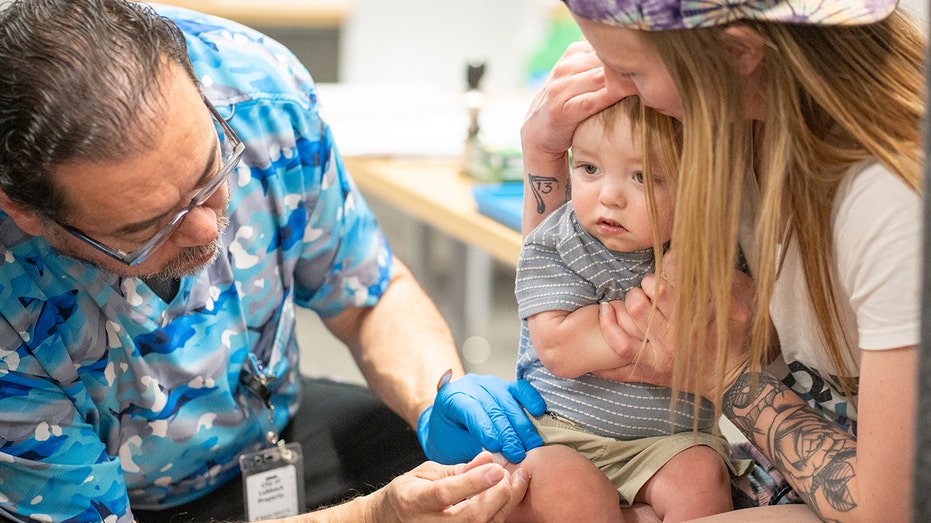

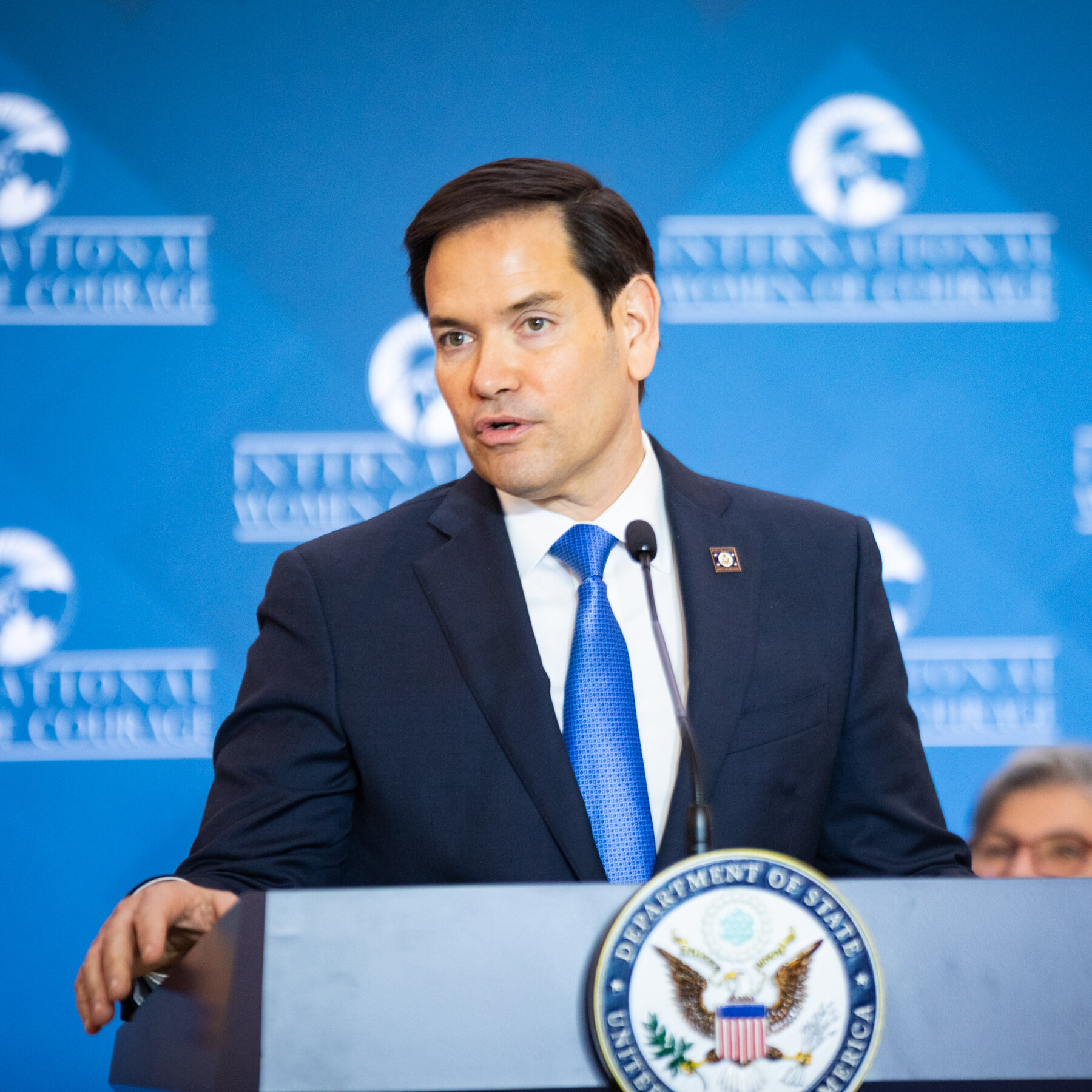







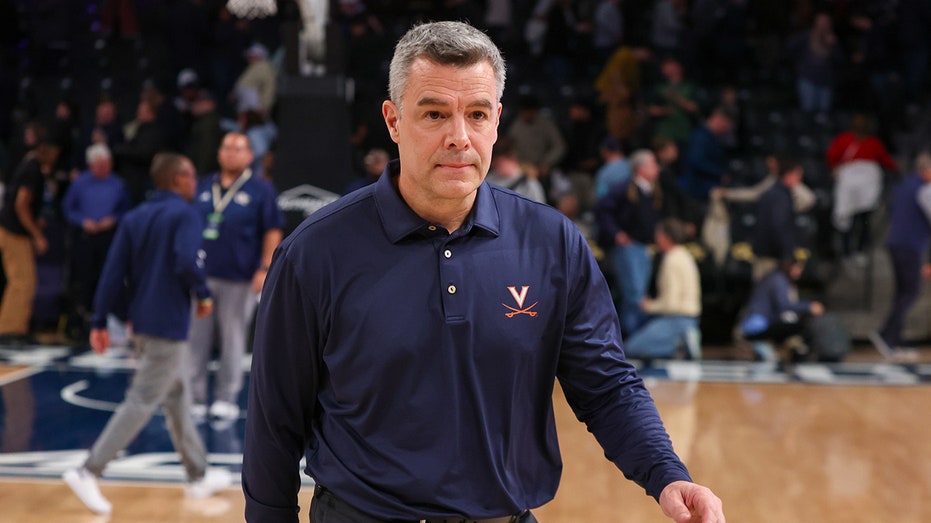
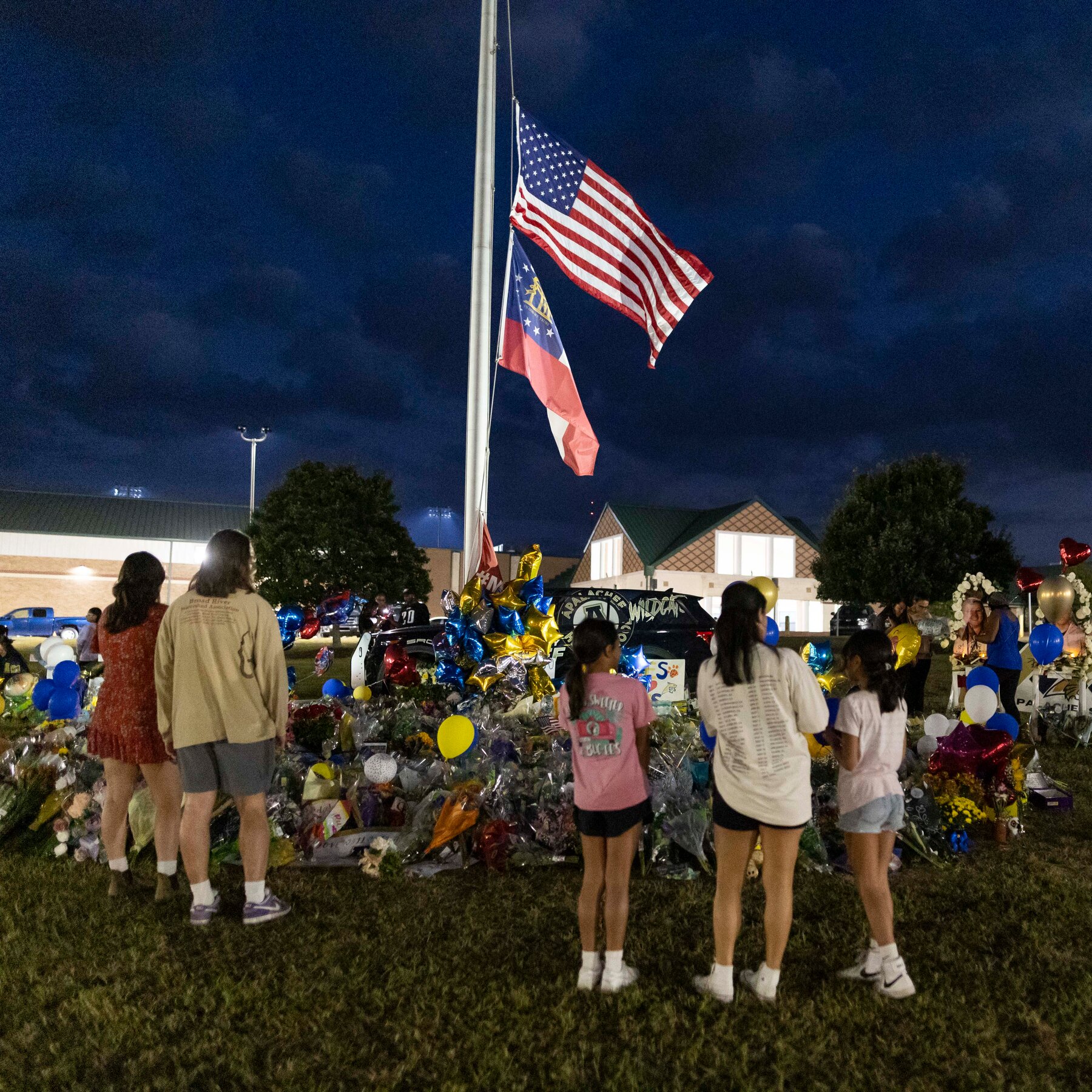
Leave a Reply